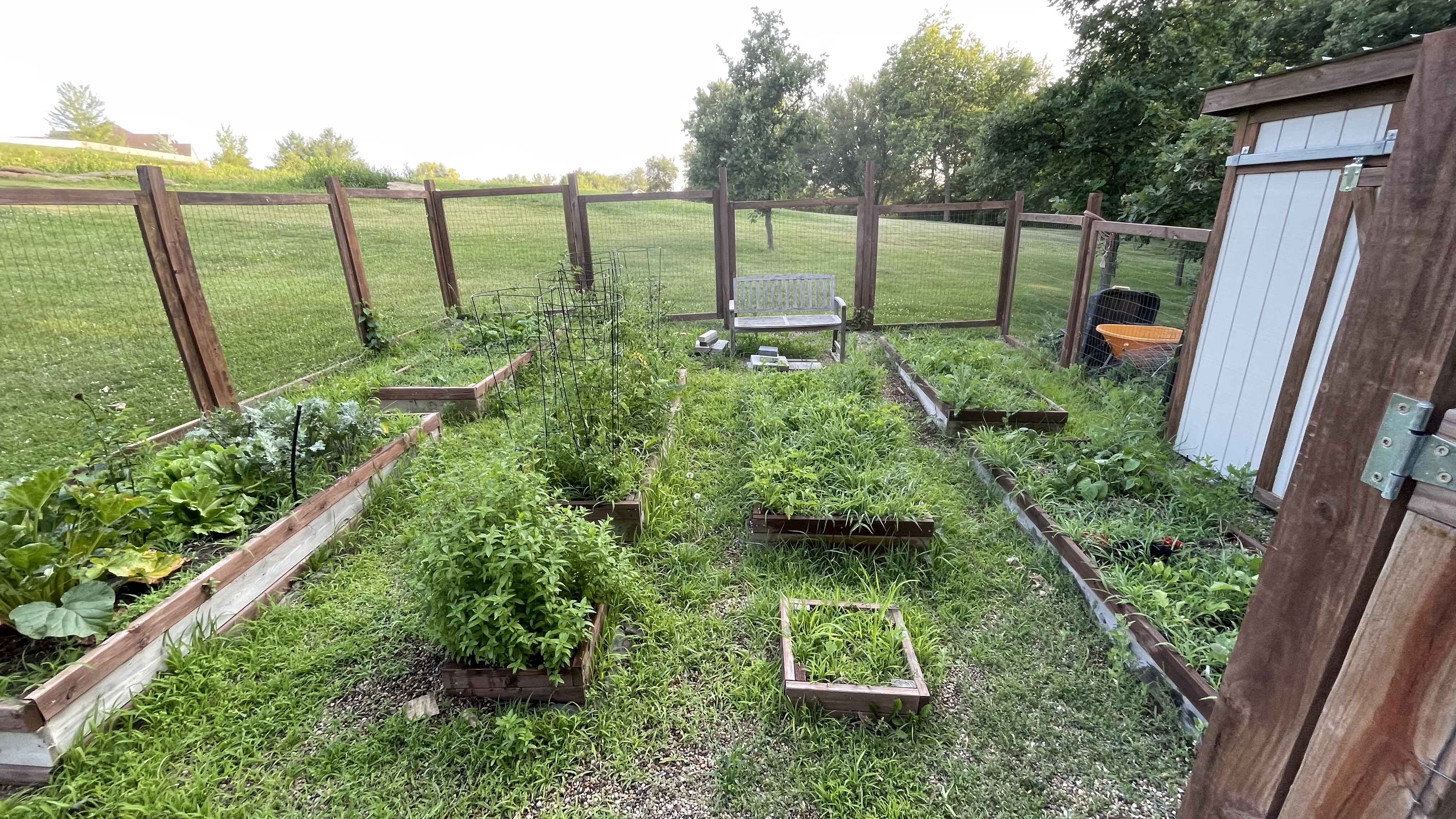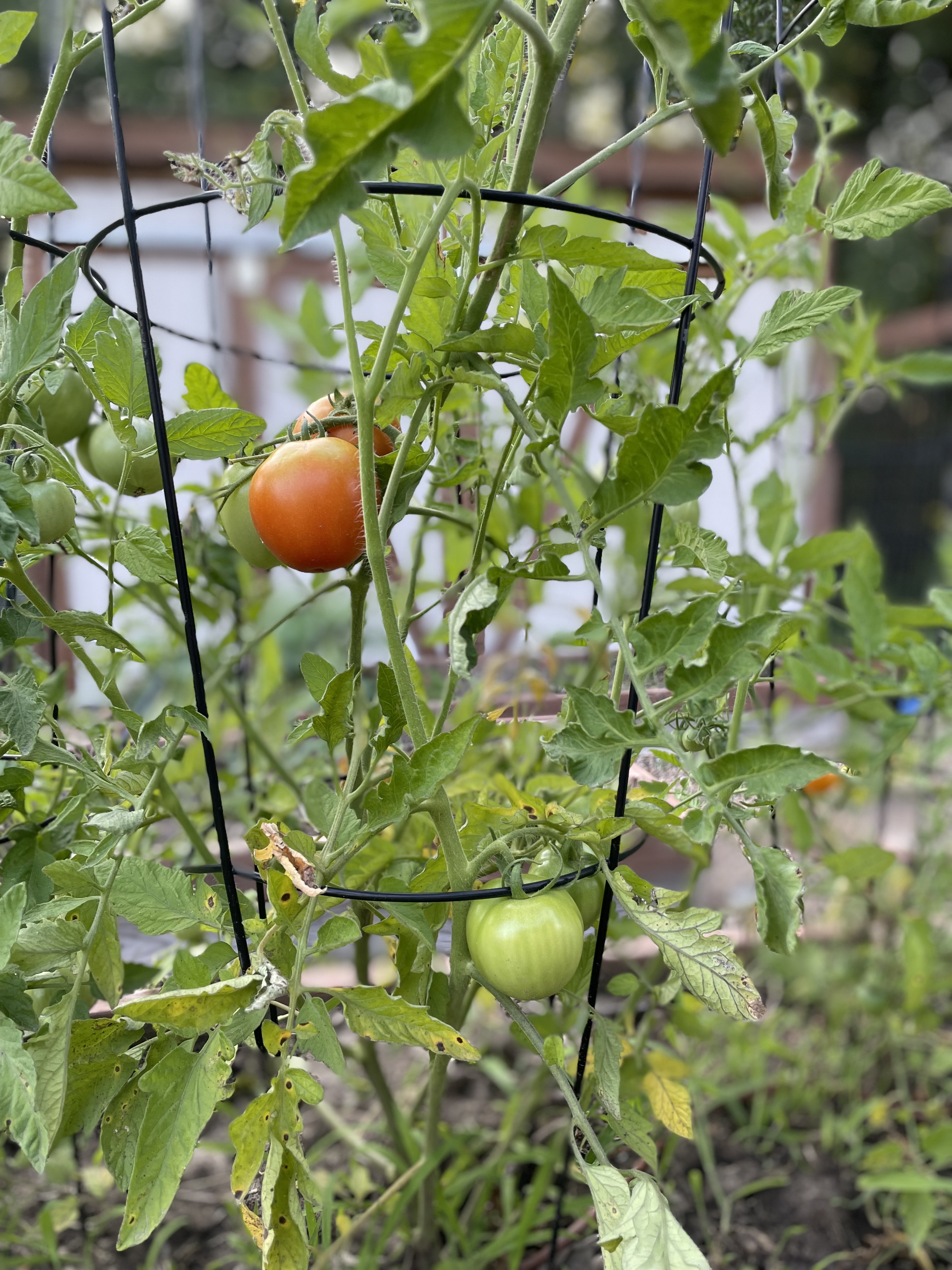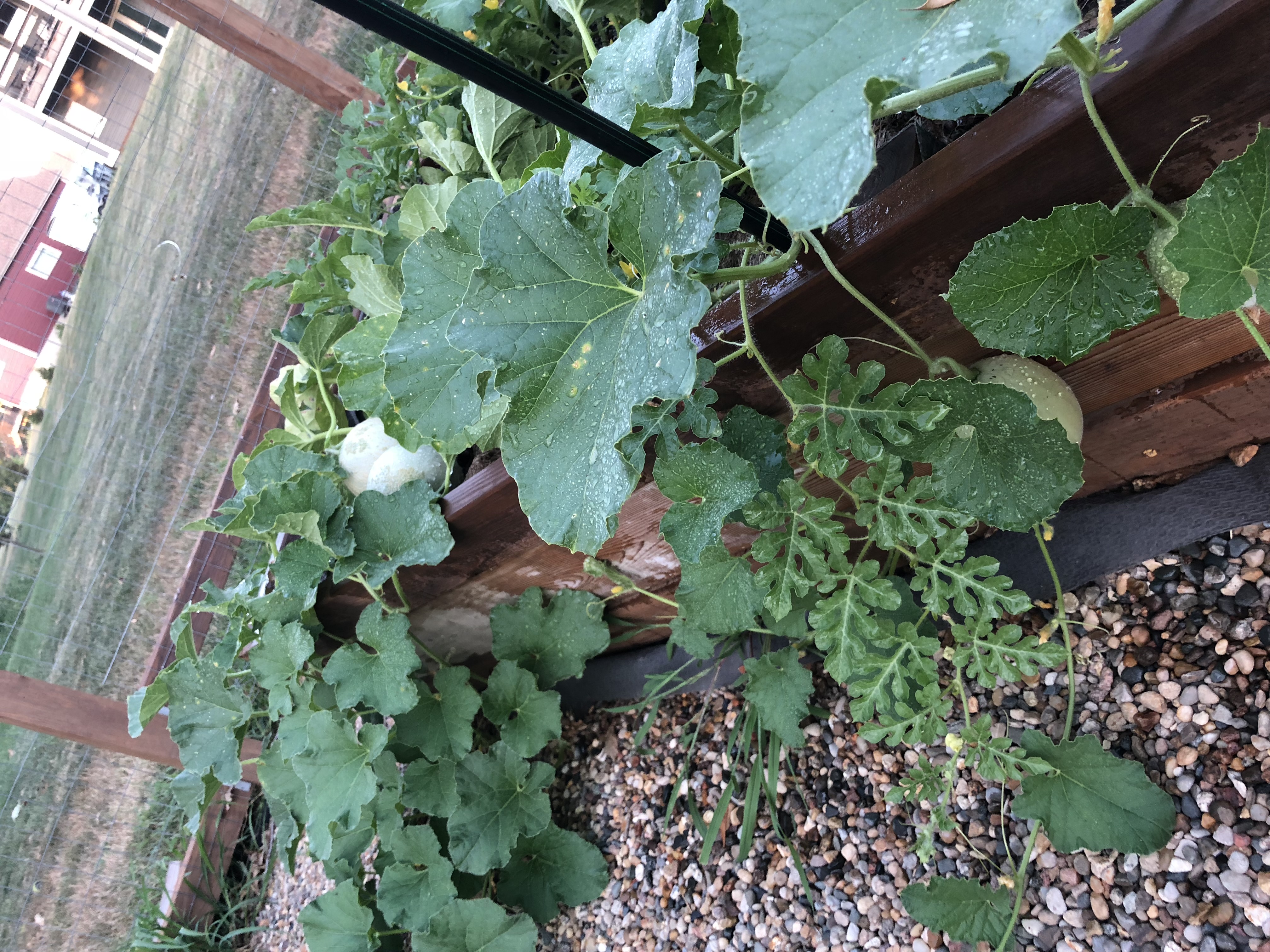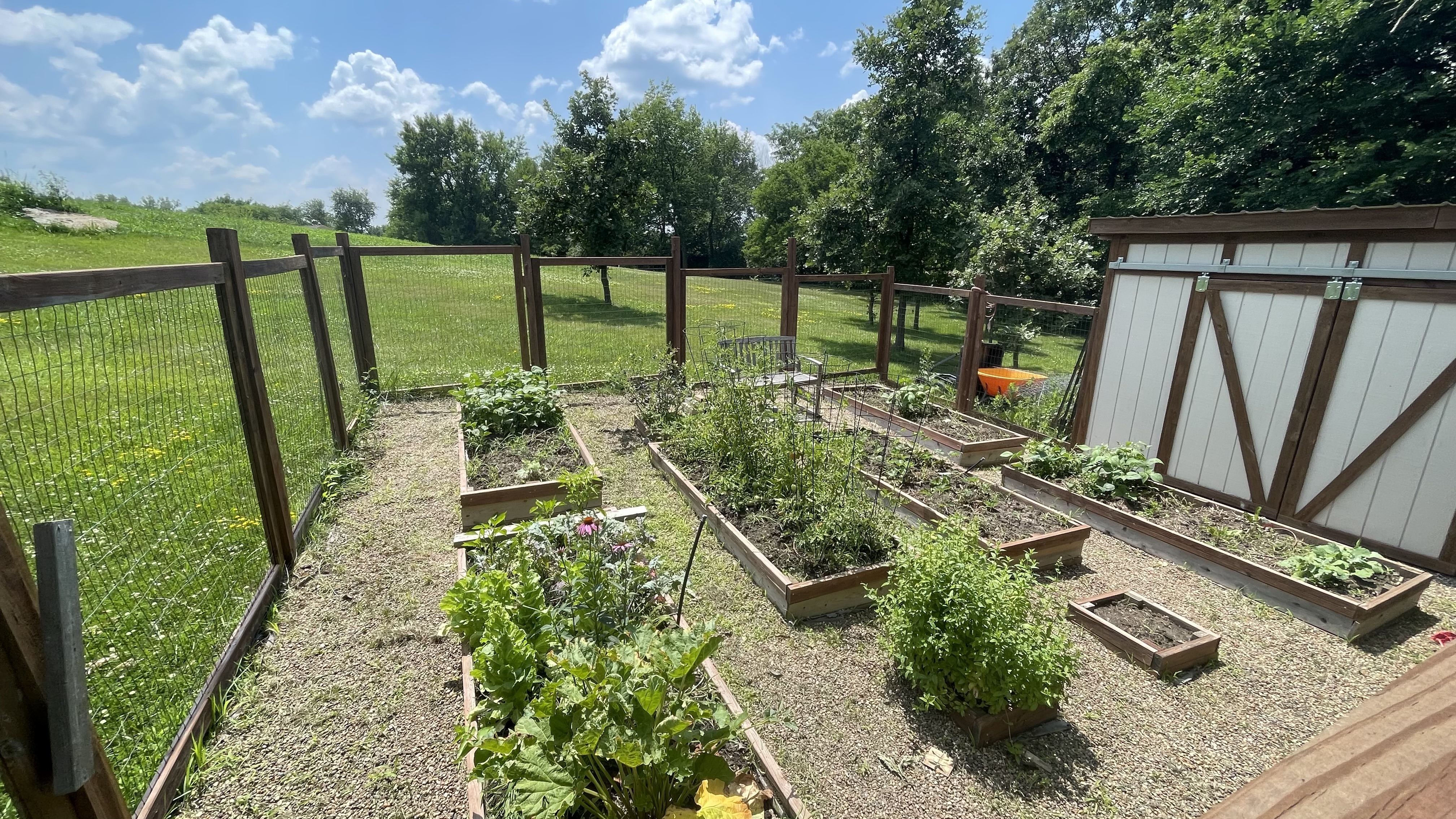CULTIVATING GOOD HABITS: LESSONS LEARNED FROM THE GARDEN
By: Vincent Mutambuki
It was an unexpected sight that greeted me as I returned home after a three-week vacation. My once-loved garden had transformed into a battlefield between plants and weeds. The plants were struggling, the weeds were thriving, and it was a living testament to how things that aren't beneficial can take over if not curbed. This encounter set me thinking about how similar this scenario is to our lives and habits.
We often find that our unhealthy habits - the 'weeds' in our life garden - seem to flourish without much effort. At the same time, habits that would benefit us and bring value to our lives - the 'plants' we want to nurture - require significant time, attention, and work. Like tending to a garden, grooming an agile backlog, staying fit, cultivating a daily prayer habit, or building good habits, in general, require persistent effort and constant vigilance.
Cultivatng a Daily Prayer Habit
Prayer, meditation, or any form of spiritual practice can provide nourishment to our inner selves, akin to the nutrients plants need to grow. However, amid the hustle and bustle of daily life - the 'weeds' - it can be difficult to cultivate a daily prayer habit. Yet, by dedicating a specific time each day for spiritual nourishment and sticking to it, we can deepen our spirituality and enrich our lives.
Staying Fit
Fitness, much like a well-tended garden, is a visual representation of hard work, dedication, and consistency. Unhealthy habits such as a sedentary lifestyle or poor diet - the 'weeds' - can quickly overrun our physical well-being. Cultivating good fitness habits might seem challenging initially but staying consistent and making incremental changes can have lasting benefits. This is akin to nurturing a plant, watering it regularly, ensuring it gets enough sunlight, and patiently waiting for it to bloom.
Grooming the Agile Backlog
Just like a garden overrun by weeds, an agile backlog can become cluttered and unmanageable if not regularly maintained. 'Weeds' in this context might be outdated tasks, irrelevant user stories, or bug reports that no longer apply. They can choke the vital tasks and impede progress.
Grooming an agile backlog, therefore, involves regular pruning. By refining, reprioritizing, and removing backlog items, you ensure only the most valuable tasks remain. This constant vigilance and effort are essential to keep the backlog healthy and productive, much like pulling weeds to let your plants thrive.
Cultivating Good Habits in General
Developing good habits is like planting seeds in a garden. Initially, it requires effort to prepare the soil, plant the seeds, and nurture them. But over time, as these habits take root, they begin to flourish and yield benefits. On the other hand, bad habits - the 'weeds' - can take root quickly and can choke the growth of good habits if we're not careful.
Staying Ahead of the Game
Having seen the parallels between managing a garden and our lives, here are some tips to help you stay ahead:
1. Prioritize: Identify the most important tasks or habits and focus on them first. In a garden, this could mean tending to the plants that need the most care. In life, it could mean focusing on high-impact habits or tasks.
2. Regular Maintenance: Just as a garden needs regular weeding, our lives require constant effort to remove unproductive habits and tasks. Set aside time for routine 'maintenance' to keep your life's garden flourishing.
3. Patience and Consistency: Remember, plants don't grow overnight, and neither do good habits. Stay consistent in your efforts and be patient. The fruits of your labor will show in time.
4. Adaptability: Just as a gardener adjusts to changing seasons and unexpected weather, we need to be flexible and adapt to changes in our lives while staying focused on our goals.
5. Nourishment: A well-nourished plant grows healthy and strong. Likewise, nourishing ourselves with positive experiences, thoughts, and actions will help our good habits thrive.
Cultivating good habits is an ongoing process that requires dedication, persistence, and patience. But with consistent effort, we can keep the 'weeds' at bay and cultivate a 'garden' that is fruitful and enriching.
Recent posts
-
AtlassianOct 25, 2024
-
AtlassianOct 21, 2024
-
AIAug 13, 2024









